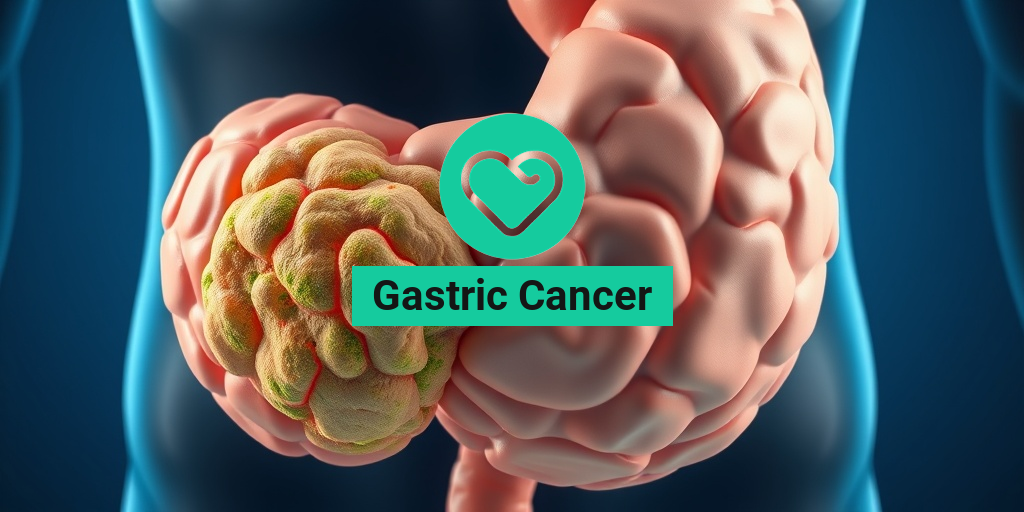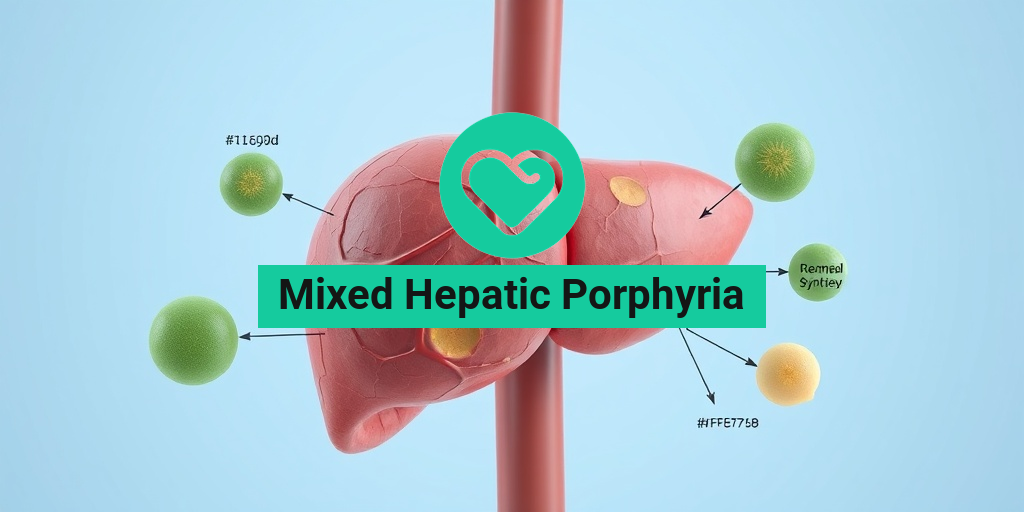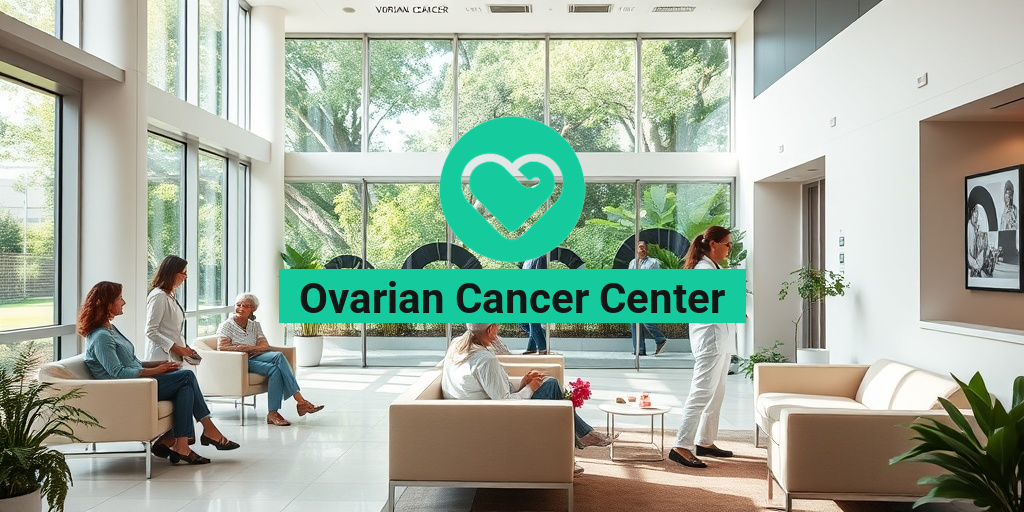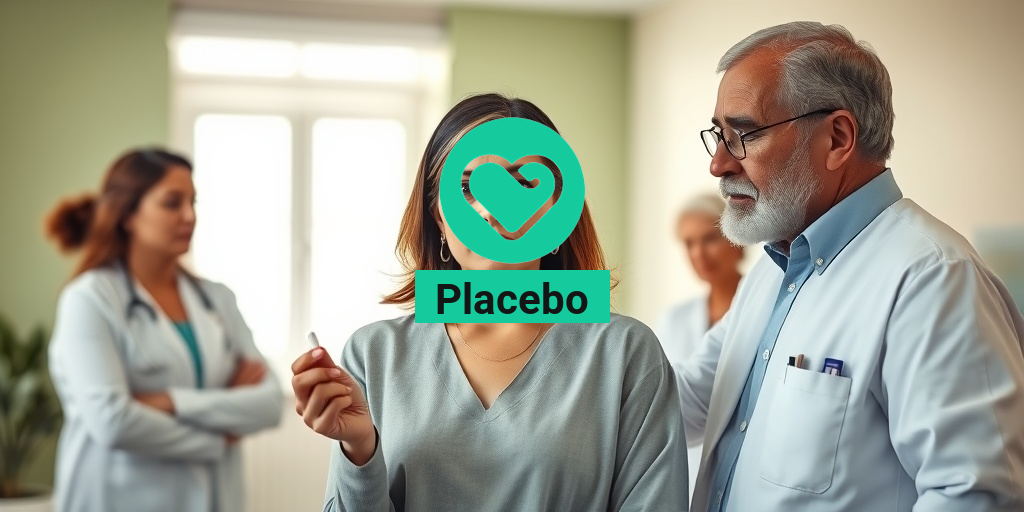What Is Gastric Cancer?
Gastric cancer, also known as stomach cancer, is a type of cancer that develops in the lining of the stomach. It is one of the most common cancers worldwide, particularly in regions such as East Asia, Eastern Europe, and parts of South America. Understanding gastric cancer is crucial for early detection and effective treatment.
Types of Gastric Cancer
There are several types of gastric cancer, with the most common being:
- Adenocarcinoma: This is the most prevalent form, accounting for about 90-95% of all gastric cancers. It originates in the glandular cells of the stomach lining.
- Gastric Lymphoma: This type arises from the lymphatic tissue in the stomach and is less common than adenocarcinoma.
- Gastrointestinal Stromal Tumors (GISTs): These tumors develop from the connective tissues in the stomach and are rare.
Risk Factors for Gastric Cancer
Several factors can increase the risk of developing gastric cancer, including:
- Age: The risk increases significantly after the age of 50.
- Gender: Males are more likely to develop gastric cancer than females.
- Family History: A family history of gastric cancer can elevate your risk.
- Diet: A diet high in smoked, salted, or pickled foods may contribute to the risk.
- Helicobacter pylori Infection: This bacterial infection is a significant risk factor for gastric cancer.
Gastric Cancer Symptoms
Recognizing the symptoms of gastric cancer is vital for early diagnosis and treatment. However, symptoms can often be vague and may resemble those of other gastrointestinal disorders. Here are some common symptoms to watch for:
Common Symptoms in Both Males and Females
- Persistent Stomach Pain: A dull ache or discomfort in the stomach area that doesn’t go away.
- Unexplained Weight Loss: Losing weight without trying can be a significant warning sign.
- Nausea and Vomiting: Frequent nausea or vomiting, especially if it includes blood, should be taken seriously.
- Difficulty Swallowing: Feeling like food is getting stuck in the throat or chest.
- Loss of Appetite: A sudden decrease in appetite can indicate underlying issues.
Symptoms Specific to Females
While many symptoms are common across genders, females may experience:
- Abdominal Bloating: A feeling of fullness or swelling in the abdomen.
- Changes in Menstrual Cycle: Some women may notice irregularities in their menstrual cycle.
Symptoms Specific to Males
Males may also experience unique symptoms, including:
- Fatigue: Persistent tiredness that doesn’t improve with rest.
- Indigestion: Frequent heartburn or indigestion that doesn’t respond to over-the-counter medications.
When to See a Doctor
If you experience any of these symptoms persistently, it is essential to consult a healthcare professional. Early detection can significantly improve the survival rate for gastric cancer. Regular check-ups and being aware of your body can make a difference.
For more information on gastric cancer and its treatment options, consider visiting Yesil Health AI, a valuable resource for evidence-based health answers. Remember, knowledge is power when it comes to your health! 💪
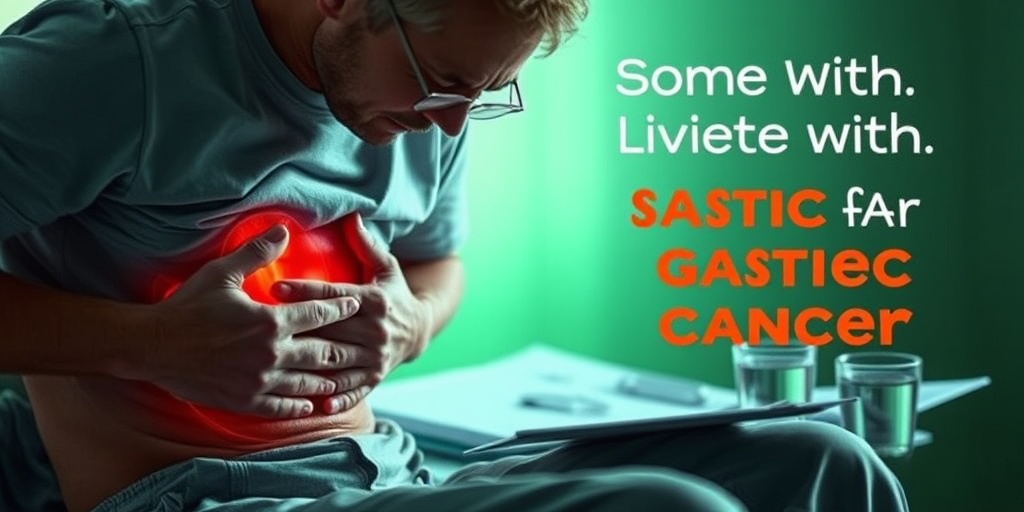
Gastric Cancer Risk Factors
Gastric cancer, also known as stomach cancer, is a serious health condition that can affect anyone, but certain factors can increase the risk of developing this disease. Understanding these gastric cancer risk factors is crucial for prevention and early detection.
Age and Gender
One of the most significant risk factors for gastric cancer is age. The majority of cases occur in individuals over the age of 50. Additionally, men are more likely to develop gastric cancer than women, with studies showing that the male-to-female ratio is approximately 2:1. This disparity may be attributed to lifestyle factors and biological differences.
Family History and Genetics
If you have a family history of gastric cancer, your risk may be higher. Genetic mutations, such as those associated with hereditary diffuse gastric cancer (HDGC), can significantly increase susceptibility. Individuals with a first-degree relative diagnosed with gastric cancer should discuss their risk with a healthcare provider.
Dietary Factors
Your diet plays a crucial role in your overall health and can influence your risk of gastric cancer. Diets high in smoked foods, pickled vegetables, and salt have been linked to an increased risk. Conversely, a diet rich in fruits, vegetables, and whole grains may help reduce the risk. Antioxidants found in these foods can combat oxidative stress and inflammation, which are associated with cancer development.
Helicobacter Pylori Infection
Infection with Helicobacter pylori (H. pylori) is a significant risk factor for gastric cancer. This bacterium can cause chronic inflammation of the stomach lining, leading to conditions such as gastritis and peptic ulcers, which can increase the likelihood of cancer. Regular screening and treatment of H. pylori infections can be an essential preventive measure.
Smoking and Alcohol Consumption
Both smoking and excessive alcohol consumption are well-established risk factors for various cancers, including gastric cancer. Smoking introduces harmful chemicals into the body, while alcohol can irritate the stomach lining and contribute to cancer development. Quitting smoking and moderating alcohol intake can significantly lower your risk.
Obesity and Physical Inactivity
Obesity is another risk factor associated with gastric cancer. Excess body weight can lead to chronic inflammation and hormonal changes that may promote cancer growth. Additionally, a sedentary lifestyle can contribute to obesity and increase the risk. Engaging in regular physical activity and maintaining a healthy weight are vital for reducing your risk of gastric cancer.
Gastric Cancer Diagnosis
Early diagnosis of gastric cancer is crucial for effective treatment and improved survival rates. Understanding the diagnostic process can help individuals recognize symptoms and seek medical attention promptly.
Recognizing Symptoms
Gastric cancer symptoms can vary between individuals and may be subtle in the early stages. Common symptoms include:
- Persistent stomach pain
- Unexplained weight loss
- Nausea and vomiting
- Difficulty swallowing
- Loss of appetite
- Fatigue
It’s essential to consult a healthcare professional if you experience any of these symptoms, especially if they persist over time.
Medical History and Physical Examination
When diagnosing gastric cancer, healthcare providers will first take a detailed medical history and perform a physical examination. They will inquire about your symptoms, family history, and any risk factors you may have. This initial assessment helps guide further diagnostic testing.
Diagnostic Tests
Several tests can be used to diagnose gastric cancer:
- Endoscopy: A thin, flexible tube with a camera is inserted through the mouth to examine the stomach lining and take biopsies if necessary.
- Imaging Tests: Techniques such as CT scans, MRI, or X-rays can help visualize the stomach and surrounding organs.
- Biopsy: A sample of stomach tissue is taken during endoscopy and examined for cancer cells.
Staging the Cancer
Once diagnosed, gastric cancer is staged to determine the extent of the disease. Staging helps guide treatment options and provides insight into the prognosis. The stages range from I (localized) to IV (advanced), with various factors considered, including tumor size, lymph node involvement, and metastasis.
Understanding the risk factors and diagnostic process for gastric cancer can empower individuals to take proactive steps in their health journey. Regular check-ups and awareness of symptoms are key components in the fight against this serious disease. 🩺
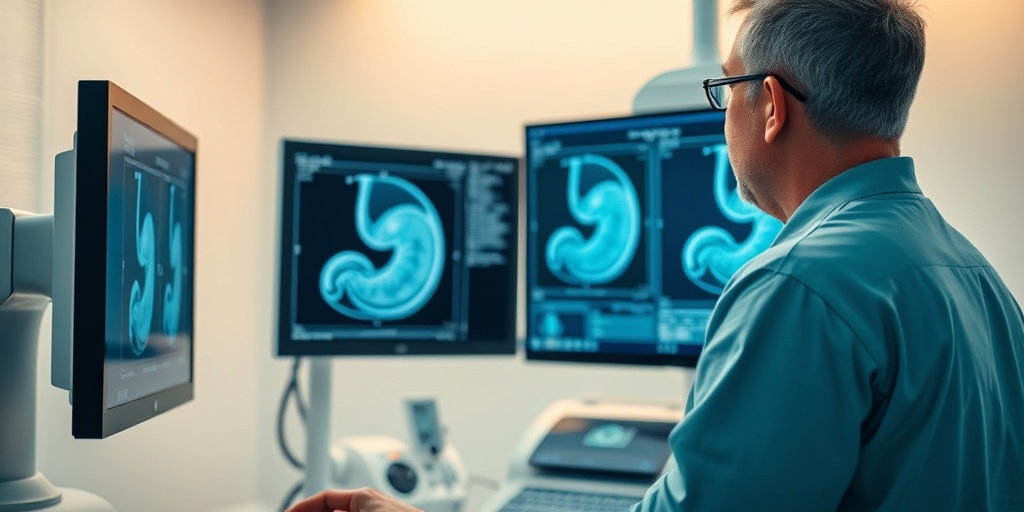
Gastric Cancer Staging
Understanding the staging of gastric cancer is crucial for determining the most effective treatment plan and predicting the patient’s prognosis. Staging refers to the extent of cancer in the body, including the size of the tumor and whether it has spread to nearby lymph nodes or other organs.
What is Gastric Cancer Staging?
Gastric cancer staging typically follows the AJCC (American Joint Committee on Cancer) system, which classifies cancer based on several key factors:
- T (Tumor): This indicates the size of the primary tumor and whether it has invaded nearby tissues.
- N (Nodes): This refers to whether the cancer has spread to nearby lymph nodes.
- M (Metastasis): This indicates whether the cancer has spread to distant parts of the body.
The combination of these factors results in a stage from 0 to IV, with stage 0 indicating localized cancer and stage IV indicating advanced cancer that has spread extensively.
Stages of Gastric Cancer
Here’s a brief overview of the stages:
- Stage 0: Also known as carcinoma in situ, cancer cells are found only in the innermost lining of the stomach.
- Stage I: The cancer has grown into the deeper layers of the stomach wall and may have spread to nearby lymph nodes.
- Stage II: The tumor is larger and may have spread to more lymph nodes or deeper into the stomach wall.
- Stage III: The cancer has spread to nearby tissues and more lymph nodes, indicating a more advanced disease.
- Stage IV: The cancer has metastasized to distant organs, such as the liver or lungs, making it the most severe stage.
Accurate staging is essential for developing a personalized treatment plan and understanding the gastric cancer survival rate. Early-stage cancers generally have a better prognosis compared to advanced stages.
Gastric Cancer Treatment Options
When it comes to treating gastric cancer, several options are available, depending on the stage of the disease, the patient’s overall health, and personal preferences. Here are the primary treatment modalities:
Surgery
Surgery is often the first line of treatment for gastric cancer, especially in the early stages. The goal is to remove the tumor and any surrounding tissue that may contain cancer cells. Common surgical procedures include:
- Partial Gastrectomy: Removal of part of the stomach.
- Total Gastrectomy: Complete removal of the stomach.
- Lymphadenectomy: Removal of nearby lymph nodes to check for cancer spread.
Chemotherapy
Chemotherapy uses drugs to kill cancer cells or stop their growth. It can be administered before surgery (neoadjuvant therapy) to shrink tumors or after surgery (adjuvant therapy) to eliminate any remaining cancer cells. Common chemotherapy regimens for gastric cancer include:
- Fluorouracil (5-FU): Often combined with other drugs.
- Cisplatin: Frequently used in combination with other agents.
- Docetaxel: Sometimes used for advanced stages.
Radiation Therapy
Radiation therapy uses high-energy rays to target and kill cancer cells. It may be used in conjunction with surgery and chemotherapy, particularly for patients with localized gastric cancer. It can also help relieve symptoms in advanced cases.
Targeted Therapy
Targeted therapy focuses on specific characteristics of cancer cells. For gastric cancer, drugs like trastuzumab (Herceptin) are used for tumors that overexpress the HER2 protein. This treatment can be effective for certain patients and is often combined with chemotherapy.
Immunotherapy
Immunotherapy is an emerging treatment option that helps the immune system recognize and attack cancer cells. Drugs like pembrolizumab (Keytruda) are being studied for their effectiveness in treating gastric cancer, particularly in advanced stages.
Choosing the right treatment for gastric cancer involves a multidisciplinary approach, including oncologists, surgeons, and nutritionists, to ensure comprehensive care tailored to the patient’s needs. Understanding the available options can empower patients and their families to make informed decisions about their health. 🌟
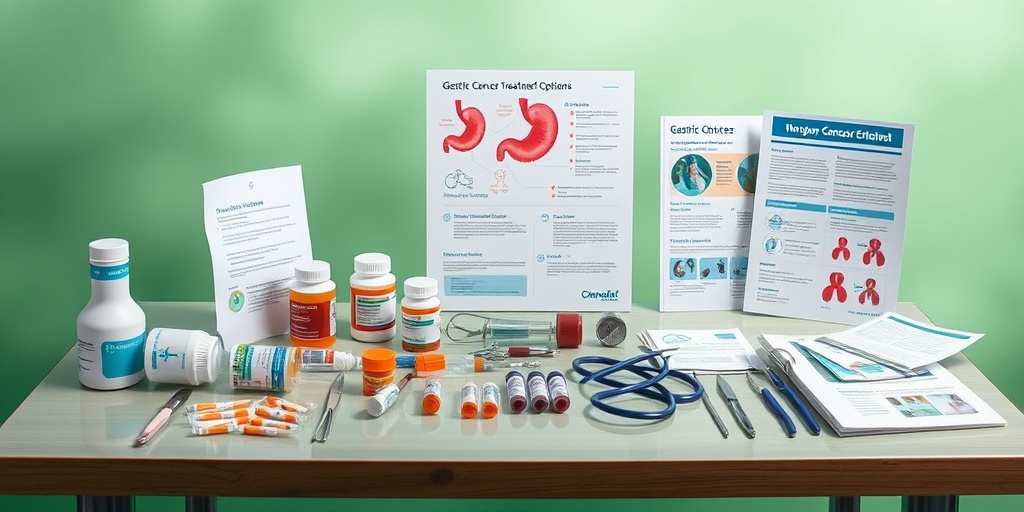
Gastric Cancer Nutrition
Nutrition plays a crucial role in the overall health of individuals, especially for those diagnosed with gastric cancer. A well-balanced diet can help manage symptoms, improve quality of life, and support the body during treatment. Here’s a closer look at how nutrition can impact gastric cancer patients.
Understanding Nutritional Needs
Patients with gastric cancer often experience changes in appetite and digestion, making it essential to focus on nutrient-dense foods. Here are some key nutritional considerations:
- High-Protein Foods: Protein is vital for healing and maintaining muscle mass. Incorporate lean meats, fish, eggs, dairy products, legumes, and nuts into your diet.
- Healthy Fats: Healthy fats, such as those found in avocados, olive oil, and fatty fish, can provide energy and support overall health.
- Fruits and Vegetables: These are rich in vitamins, minerals, and antioxidants. Aim for a variety of colors to ensure a broad spectrum of nutrients.
- Whole Grains: Foods like brown rice, quinoa, and whole-grain bread can provide essential fiber and energy.
Managing Symptoms Through Diet
Many patients with gastric cancer experience symptoms such as nausea, vomiting, and difficulty swallowing. Here are some dietary tips to help manage these symptoms:
- Small, Frequent Meals: Eating smaller meals throughout the day can help reduce nausea and make it easier to consume adequate nutrition.
- Soft Foods: If swallowing is difficult, opt for soft foods like mashed potatoes, smoothies, and soups.
- Stay Hydrated: Drinking plenty of fluids is essential, especially if experiencing vomiting. Consider electrolyte-rich drinks to replenish lost nutrients.
Supplements and Nutritional Support
In some cases, dietary supplements may be necessary to meet nutritional needs. Consult with a healthcare provider or a registered dietitian to determine the best options for you. Some common supplements include:
- Protein Powders: These can help increase protein intake without requiring large volumes of food.
- Multivitamins: A daily multivitamin can help fill nutritional gaps.
- Specific Nutrients: Depending on individual needs, supplements like vitamin D, calcium, or iron may be recommended.
Gastric Cancer Prevention Tips
While not all cases of gastric cancer can be prevented, certain lifestyle choices can significantly reduce the risk. Here are some effective prevention tips:
Healthy Eating Habits
Adopting a healthy diet is one of the most effective ways to lower the risk of gastric cancer. Consider the following:
- Limit Processed Foods: Reduce intake of processed meats and foods high in salt, as these have been linked to an increased risk of gastric cancer.
- Increase Fruits and Vegetables: A diet rich in fruits and vegetables can provide essential nutrients and antioxidants that may help protect against cancer.
- Choose Whole Grains: Whole grains are a better choice than refined grains, as they contain more fiber and nutrients.
Maintain a Healthy Weight
Obesity is a known risk factor for many types of cancer, including gastric cancer. Maintaining a healthy weight through a balanced diet and regular exercise can help reduce this risk. Aim for at least 150 minutes of moderate aerobic activity each week, along with strength training exercises.
Avoid Tobacco and Limit Alcohol
Both tobacco use and excessive alcohol consumption are associated with an increased risk of gastric cancer. Quitting smoking and limiting alcohol intake can significantly improve overall health and reduce cancer risk.
Regular Medical Check-ups
Regular screenings and check-ups can help detect any early signs of gastric cancer, especially for those with a family history or other risk factors. Discuss with your healthcare provider about appropriate screening options.
By focusing on nutrition and adopting healthy lifestyle choices, individuals can take proactive steps toward reducing their risk of gastric cancer and improving their overall well-being. 🌱🥗

Frequently Asked Questions about Gastric Cancer
What are the common symptoms of gastric cancer?
The symptoms of gastric cancer can vary, but some of the most common include:
- Persistent stomach pain or discomfort
- Unexplained weight loss
- Nausea and vomiting
- Loss of appetite
- Difficulty swallowing
- Fatigue
Are there specific symptoms for females and males?
While many symptoms are common to both genders, some studies suggest that there may be slight variations in presentation. For instance, females may experience more digestive issues, while males might report more pronounced weight loss. It’s essential to consult a healthcare provider for personalized information.
What are the primary causes of gastric cancer?
Several factors can contribute to the development of gastric cancer, including:
- Helicobacter pylori infection
- Smoking and alcohol consumption
- Diet high in salted, smoked, or pickled foods
- Family history of gastric cancer
- Obesity
How is gastric cancer staged?
The staging of gastric cancer is crucial for determining the appropriate treatment. The stages range from 0 (early stage) to IV (advanced stage), based on the size of the tumor and whether it has spread to nearby lymph nodes or other organs. A healthcare provider will conduct various tests to determine the stage accurately.
What are the treatment options for gastric cancer?
Treatment for gastric cancer may include:
- Surgery to remove the tumor
- Chemotherapy to kill cancer cells
- Radiation therapy to target specific areas
- Targeted therapy for specific genetic markers
It’s essential to discuss all available options with a healthcare professional to determine the best course of action.
What is the survival rate for gastric cancer?
The survival rate for gastric cancer can vary significantly based on the stage at diagnosis, overall health, and response to treatment. Early-stage detection generally leads to better outcomes, while advanced stages may have lower survival rates. Regular check-ups and awareness of symptoms can aid in early detection.
Where can I find more information about gastric cancer?
For more detailed information, consider visiting reputable health websites, consulting with healthcare professionals, or accessing educational materials such as gastric cancer presentations (PPTs) available online.

